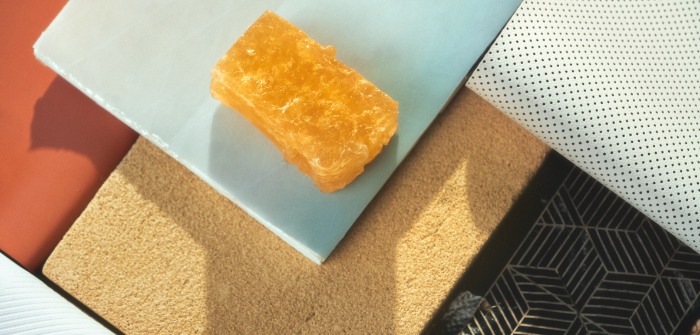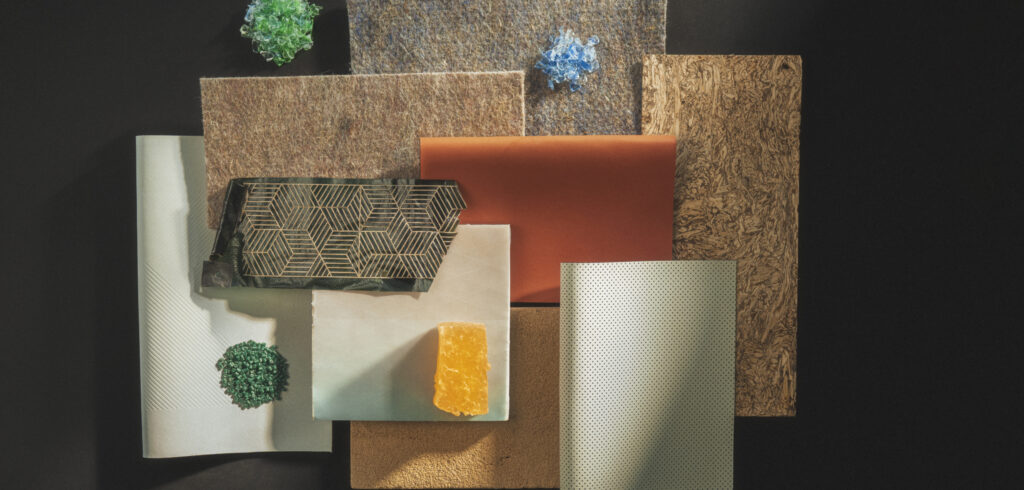For 2023, BMW is planning to release its first vehicles with entirely vegan interiors, following the development of materials that benefit from leather-like characteristics. The fully vegan interiors will be an option for both BMW and Mini models.
As the OEM seeks to achieve climate neutrality by 2050 – helped by the reduction of CO2 emissions over a vehicle’s entire lifecycle – choosing the right materials at the build stage is crucial because replacing raw materials which originate from animals can significantly increase sustainability.
The new material will also be used for covering steering wheels and is said to have a high level of wear resistance and durability. Additionally, the vegan material looks the part, with the only distinguishable feature between itself and leather being a different grain effect.
By utilizing the material for steering wheels, the traces of raw materials of animal origin used for components within BMW and Mini vehicles will drop to less than 1%. The BMW Group states that these types of material – such as gelatin used for protective coatings, lanolin in paints, tallow as an additive in elastomers and beeswax as a flux for paints – will only be found in areas that are not visible to customers.
“With a steering wheel made from a high-quality vegan surface material, we are fulfilling the wishes of our customers who do not want to make any compromises in terms of look, feel and functionality,” said Uwe Köhler, head of development for body, exterior trim and interior, BMW Group. “The innovative material withstands wear and tear caused by abrasion, perspiration and moisture and has all the desirable properties of leather.”
By utilizing the vegan material for steering wheel coverings, CO2 e emissions along the value chain are estimated to be around 85% lower compared to leather. In addition to the latest materials, floor mats in certain group models are produced using a mono-material for easier recycling. The newly developed floor mats equate to a BMW Group saving of an estimated 23,000 tons of CO2 and an additional 1,600 tons of waste annually. The recycled floor mats and waste materials are then reused in the OEMs manufacturing processes.
Through its research and development programs, the BMW Group is continuing to work with several startups to develop bio-based materials. Compared to previously used synthetic leathers, the new materials result in an estimated 45% reduction in CO2 emissions. These include MIRUM, a 100% bio-based and petroleum-free leather alternative, and Deserttex, a bio-based polyurethane matrix produced from pulverized cactus fibers.




